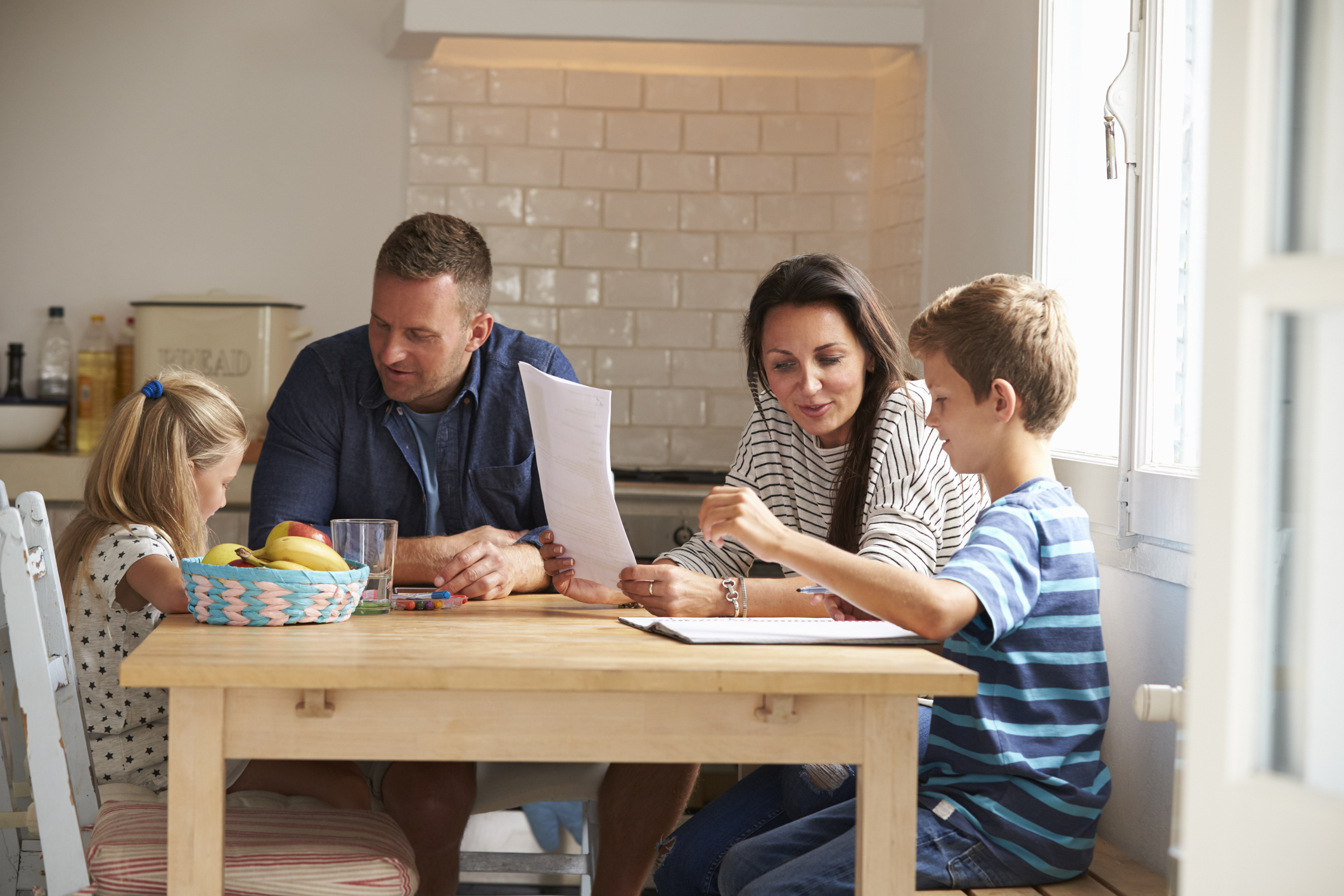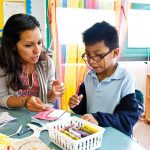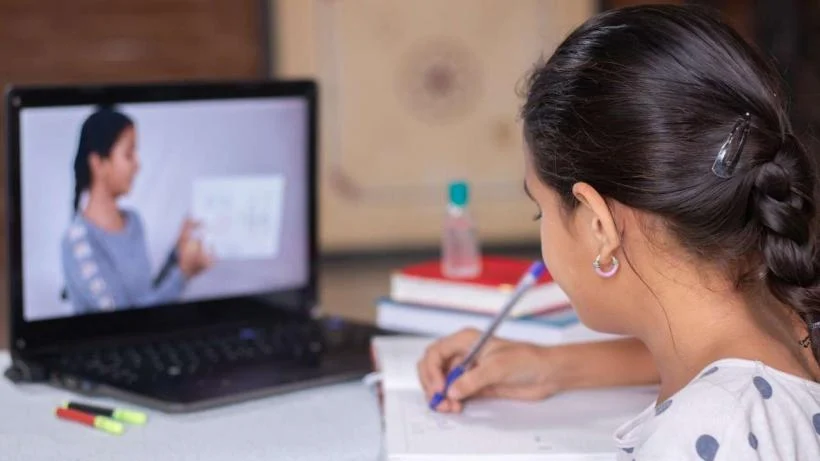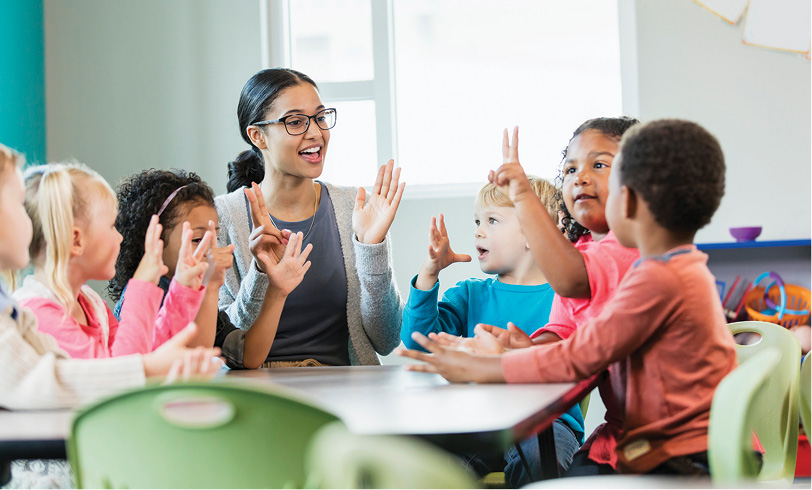Building Bridges: The Crucial Role of Parent-Teacher Partnerships in Education
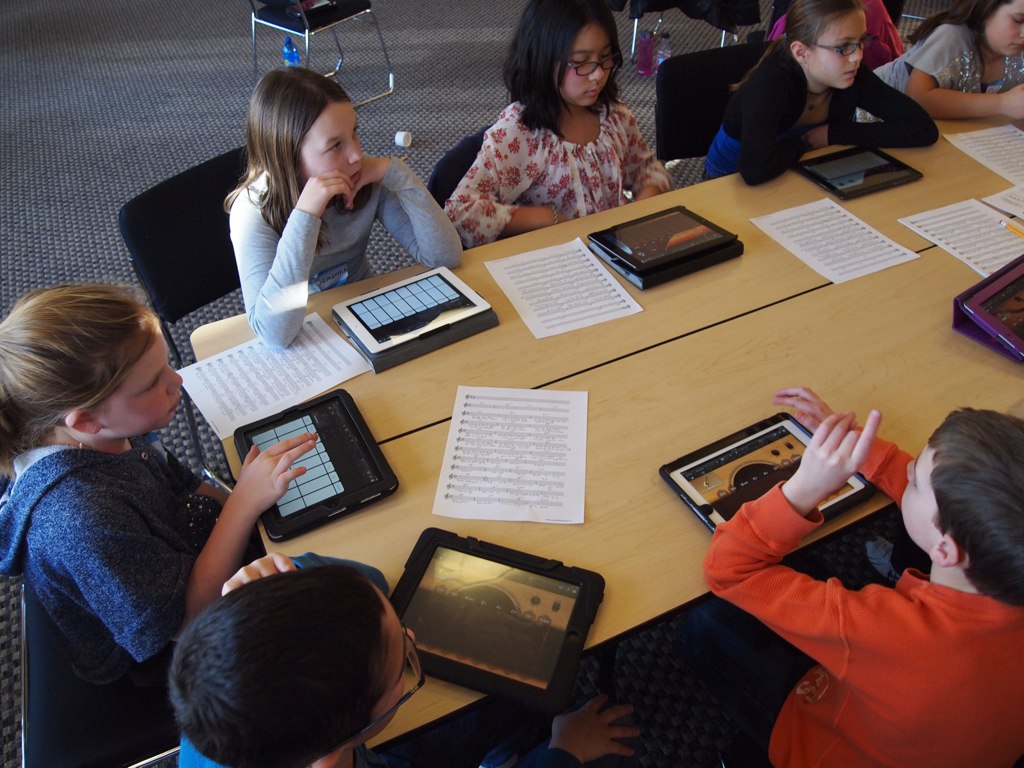
The foundation of a child’s education is a collaborative effort between parents and teachers. A strong parent-teacher partnership creates a supportive environment that nurtures a child’s academic, social, and emotional development. In this comprehensive blog, we will delve into the significance of parent-teacher partnerships, explore the benefits for students, and provide practical strategies for fostering a positive and effective collaboration.
The Importance of Parent-Teacher Partnerships:
- Holistic Development:
- Academic Success: When parents and teachers work hand in hand, they can create an environment that supports academic success. Regular communication allows for early identification of academic challenges and timely interventions.
- Social and Emotional Well-Being: A strong partnership addresses not only academic concerns but also contributes to the social and emotional well-being of the child. Consistent support from both home and school fosters a positive and nurturing atmosphere.
- Consistent Support System:
- Unified Approach: A collaborative partnership ensures that the child receives consistent messages and support both at home and in the classroom. This consistency is crucial for reinforcing expectations and values.
- Responsive Learning Environment: Teachers gain valuable insights from parents about a child’s learning style, interests, and home environment. This information helps tailor classroom experiences to meet individual needs.
Benefits for Students:
- Enhanced Learning Outcomes:
- Tailored Support: Parent-teacher partnerships allow for the development of individualized learning plans that address the unique needs and strengths of each student. This targeted support enhances learning outcomes.
- Increased Motivation: Students are more motivated when they witness a collaborative effort between their parents and teachers. Knowing that the adults in their life are working together sends a powerful message about the value of education.
- Positive Behavioral Development:
- Consistent Expectations: When parents and teachers communicate regularly, they can establish and reinforce consistent behavioral expectations. This consistency contributes to the development of positive behavior in students.
- Early Intervention: In case of behavioral concerns, an open line of communication allows for early intervention strategies. This proactive approach is essential for addressing challenges promptly.
- Holistic Growth:
- Character Development: Beyond academics, parent-teacher partnerships contribute to the holistic growth of students by emphasizing character development, values, and life skills.
- Community Building: Schools become a community when parents and teachers actively engage in the educational journey. This sense of community fosters a positive and supportive atmosphere for everyone involved.
Strategies for Fostering a Positive Partnership:
- Open and Transparent Communication:
- Establish regular channels of communication, including parent-teacher conferences, newsletters, and digital platforms.
- Create a welcoming atmosphere that encourages parents to share their insights and concerns.
- Goal-Setting and Planning:
- Collaboratively set academic and behavioral goals for the child, ensuring alignment between home and school expectations.
- Develop action plans to address any challenges or areas requiring improvement.
- Involvement in School Activities:
- Encourage parents to actively participate in school activities, such as parent-teacher association (PTA) meetings, volunteering, and school events.
- Involvement fosters a sense of community and strengthens the partnership.
- Professional Development and Resources:
- Provide resources for parents to support their child’s learning at home.
- Offer workshops and seminars on effective parenting strategies and educational methodologies.
- Recognition and Appreciation:
- Acknowledge and appreciate the efforts of both parents and teachers in supporting the child’s growth.
- Celebrate achievements, both big and small, to reinforce a positive partnership.
Conclusion:
A robust parent-teacher partnership is the cornerstone of a child’s educational journey. By fostering open communication, setting shared goals, and actively involving parents in the learning process, we create an environment where students can thrive academically, socially, and emotionally. As we continue to emphasize the collaborative aspect of education, we build bridges that strengthen the foundation for a lifetime of learning and success.



